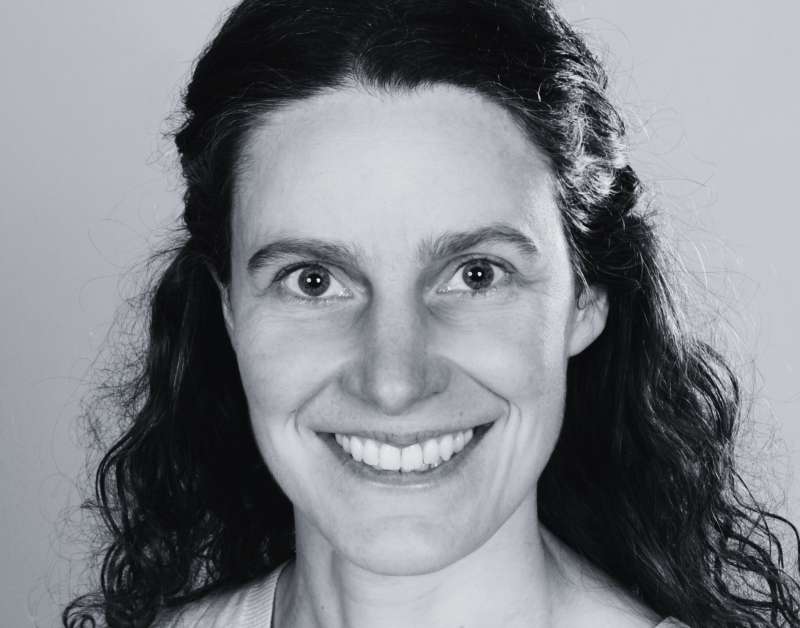Manuela Beyer, researcher, PhD student I Email: manuela.beyer@lir-mainz.de
Mauricio Diaz, PhD, researcher, Postdoc I Email: mauricio.diaz(at)lir-mainz.de
Luna Licht, medical doctoral student I Email: luna.licht@lir-mainz.de
Minh Anh Nguyen, medical doctoral student I Kontakt: minh.anh.nguyen@lir-mainz.de
Dr. Laura Rodríguez, Data Steward I Email: laura.rodriguez(at)lir-mainz.de
Phillip Spancken, master student I Email: phillip.spancken@lir-mainz.de
The Computational Resilience Research group investigates the dynamics of resilience at the intersection of modeling, machine learning, and medicine. In an interplay between theory and modern data analysis, we unravel complex processes that prevent or enable resilience. To that end, we work in close collaboration with our experimental colleagues.
- Consequences of phase transitions in brain dynamics for resilience
- Learning and social interaction in mice - individual characteristics and their relation with resilience
- Gene expression and resilience in cancer patients
- Saisonal variation of stress and resilience
- Dynamic transitions after stress exposure
- Identification of resilient individuals based on behavioural profiles
- Seasonal variation in stress and resilience
- Prof. Dr. Angela Relógio, MSH Medical School Hamburg & Charité University Hospital Berlin
- Prof. Dr. Thilo Gross, Helmholtz Institute for Functional Marine Biodiversity at the University of Oldenburg (HIFMB)
- Prof. Dilja Krueger-Burg, PhD, University Medical Center of the Johannes Gutenberg University Mainz
- Prof. Dr. Marion Silies, Johannes Gutenberg University Mainz
- Prof. Dr. Angela Relógio, MSH Medical School Hamburg
- Boehringer Ingelheim Stiftung
Hesse J, Müller T, Relógio A (2023) An integrative mathematical model for timing treatment toxicity and Zeitgeber impact in colorectal cancer cells. NPJ Syst Biol Appl. 9(1):27. doi:10.1038/s41540-023-00287-4
>> Link to PubmedHesse J, Schleimer JH, Maier N, Schmitz D, Schreiber S (2022) Temperature elevations can induce switches to homoclinic action potentials that alter neural encoding and synchronization. Nat Commun. 13(1):3934. doi:10.1038/s41467-022-31195-6
>> Link to PubmedHesse J, Schleimer JH, Schreiber S (2017) Qualitative changes in phase-response curve and synchronization at the saddle-node-loop bifurcation. Phys Rev E. 95(5-1):052203. doi:10.1103/PhysRevE.95.052203
>> Link to PubmedHesse J, Schreiber S (2015) Externalization of neuronal somata as an evolutionary strategy for energy economization. Curr Biol. 25(8):R324–5. doi:10.1016/j.cub.2015.02.024
>> Link to PubmedHesse J, Gross T (2014) Self-organized criticality as a fundamental property of neural systems. Front Syst Neurosci. 8:166. doi:10.3389/fnsys.2014.00166
>> Link to Pubmed




